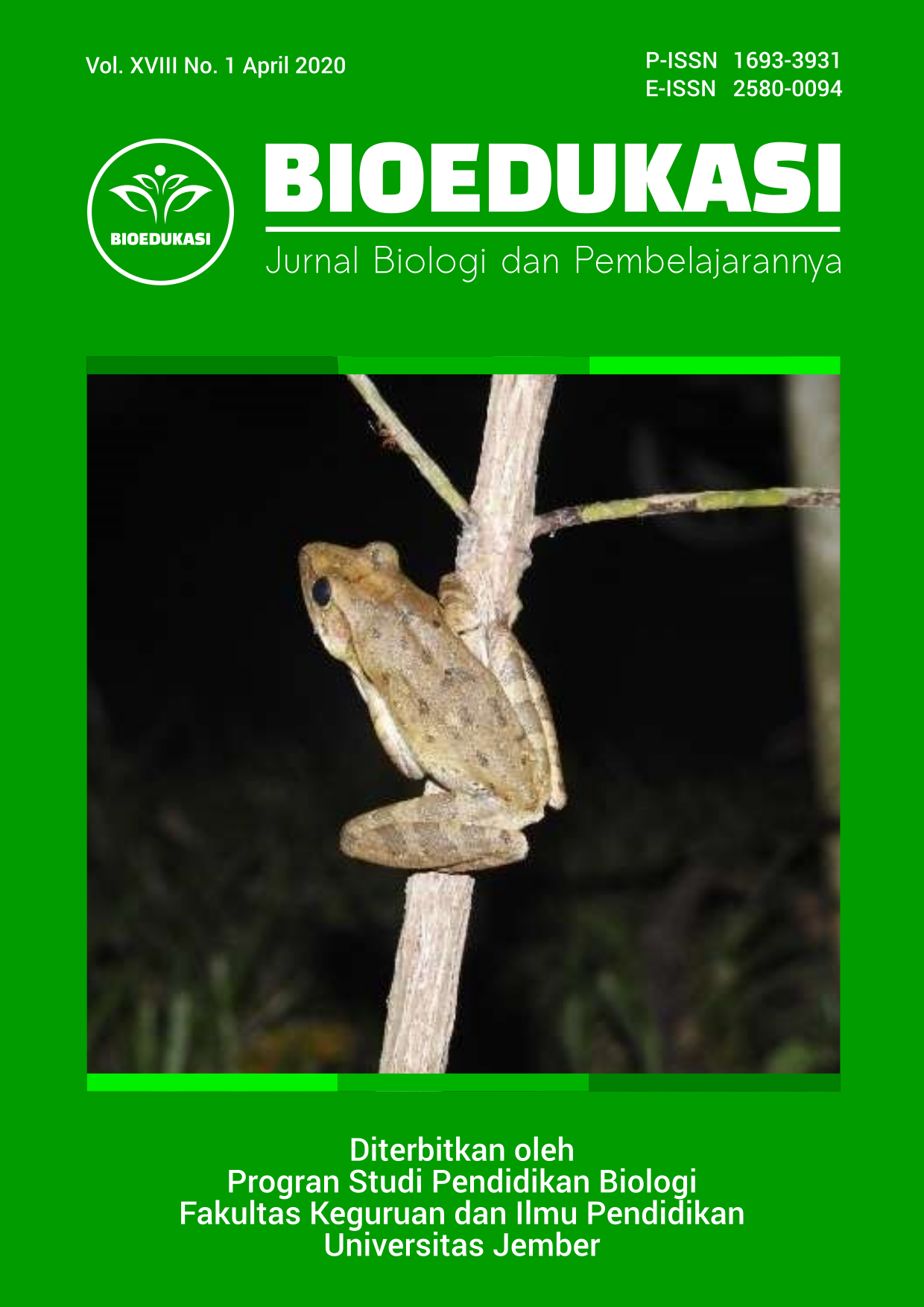The Toxicity of Srikaya Seed Granules (Annona squamosa L.) with Different Heating Temperatures Against the Larva of Aedes aegypti L.
Abstract
Abstract: Aedes aegypti L. is a mosquito carrying dengue virus that causes dengue fever, especially in Southeast Asia which is a tropical rain forest region which is a habitat for mosquito growth. Aedes aegypti L. mosquito control is carried out by chemical means of fogging and using abate but this control actually causes Aedes aegypti L. mosquitoes to become resistant or immune to chemical drugs so that a new breakthrough is created by making bioinsecticides biologically to eradicate the Aedes aegypti L. mosquito. with characteristics that are environmentally friendly and do not kill non-target animals and cause the Aedes aegypti L. mosquito not to become resistant. To be able to realize this desire so that the sugar cane granules extract of Annona squamosa L. containing active compounds in the form of annonain and squamosin so that they are toxic to Aedes aegypti L. mosquito larvae. Further research is to test the heating temperature level of the granules of Annona squamosa L. extract temperature of 40 ° C and 60 ° C which is more deadly of Aedes aegypti L. mosquito larvae. This research method uses a completely randomized design with four repetitions. The temperature of 60 ° C uses concentrations of 1 ppm, 6 ppm, 12 ppm, 18 ppm, 24 ppm and 30 ppm. As for the temperature of 40 ° C using concentrations of 1 ppm, 7 ppm, 14 ppm, 21 ppm, 28 ppm, and 35 ppm, each temperature compared with aquadest and abate. Data analyzed using probit analysis to determine the LC50, then followed by a statistical test paired sample T-test with SPSS to find out a significant difference between heating temperatures of 40 ° C to 60 ° C. These results then show that a higher temperature of 60 ° C has a higher level of toxicity compared to a lower temperature of 40 ° C.

This work is licensed under a Creative Commons Attribution-NonCommercial-NoDerivatives 4.0 International License.









 https://orcid.org/0000-0003-1920-0515
https://orcid.org/0000-0003-1920-0515
